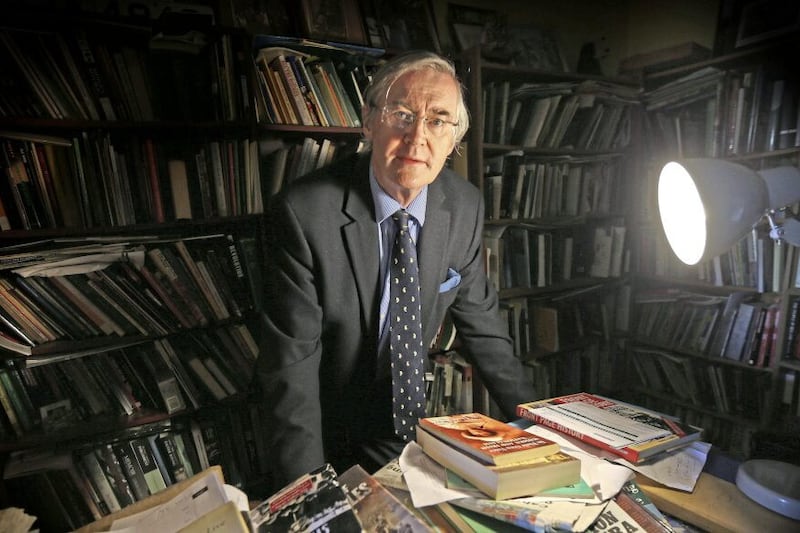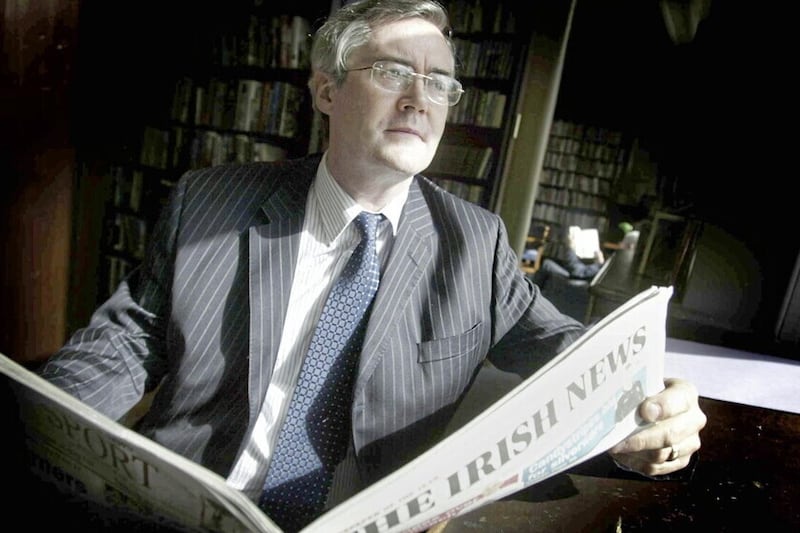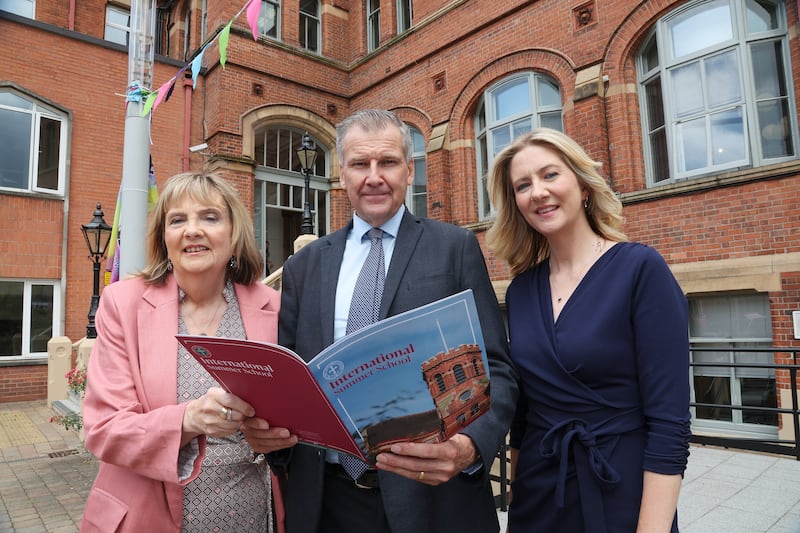The NIO's response to mounting pressure from the Irish Government for greater recognition of the Irish language in Northern Ireland is highlighted in previously confidential files.
It also reveals the, arguably unexpected, existence of a handful of competent Irish speakers in the RUC.
Proposals from the Irish Minister for Foreign Affairs, Peter Barry and his officials in the joint Secretariat prompted a range of views from the NIO, some sympathetic and some less so.
A memo, dated January 7, 1986 from the Irish side stated: "The Irish language is central to the identity and tradition of Irish Nationalists and thus involves rights and objectives espoused by the Anglo-Irish Agreement."
The document stated Mr Barry was "concerned that Nationalists... felt that this vital aspect of their identity has been insufficiently recognised ... and accommodated" and identified four specific areas for "speedy action": Gaelic place names; use of Irish in official business; inclusion of a question on the language in the 1991 NI Census and support for Irish language publications and cultural events.
"Irish, as a language, has hitherto had little or no more official status in NI than ... French or Spanish," it notes, stating this "creates opportunities for subversive organisations to `appropriate' the Irish language, the fundamental symbol of Nationalist identity".
NIO officials responded that legislation to permit dual English and Irish language street signs should be explored "in an effort to recognise genuine minority feelings without magnifying separate concepts of Britishness or Irishness".
There were 20,000 out of 70,000 schoolchildren in Northern Ireland studying Irish, and two Irish-medium schools.
The issue of Irish in the RUC was raised and Cliff Radcliffe of the NIO revealed "a small number of RUC officers - four or five - are reasonably fluent in Irish."
A force order had been issued in 1985 inviting expressions of interest in learning the language, but the response had been limited and it was "not something to which (the RUC) attach a high priority".
This debate evoked a sympathetic attitude to the language from Peter Bell of the NIO who recalled in a letter: "Yesterday I walked through several streets in central London where (the City Council) had put up signs in English and Chinese. I see no reason why I, or anyone else, should not similarly rejoice in a walk down Bóthar na bhFál (Falls Road)."
As the debate continued, the British Government moved to amend the law enabling Irish language placenames and ensured that a question on the language was inserted in the 1991 NI Census.






